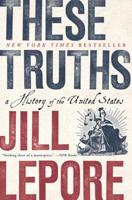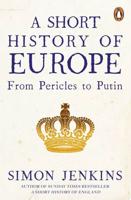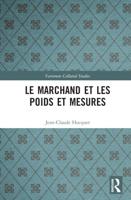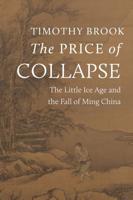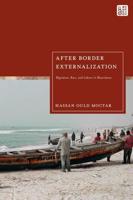Publisher's Synopsis
This book traces the shift from medieval to modern institutions in English agriculture. It explores their importance for productivity growth, income distribution, and the contribution of agriculture to British economic development. Robert C. Allen's study shows that, contrary to the general assumption of many historians, small-scale farmers in the open-field system were responsible for a considerable proportion of the productivity growth achieved between the middle ages and the 19th century. The process of enclosure and the replacement of these yeomen by large-scale tenant farming relying on wage labour had relatively little impact on the agricultural contribution to economic development during the industrial revolution. Enclosures and large farms enriched landowners without benefiting consumers, workers, or farmers.;Thoroughly grounded in the archival sources, and underpinned by rigorous economic analysis, "Enclosure and the Yeoman" is a scholarly reassessment of the history of English agriculture.

